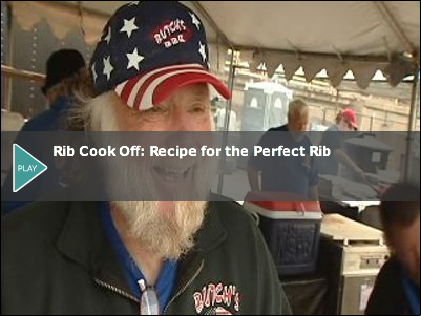 Food history is a relatively new scholarly discipline, going back only
Food history is a relatively new scholarly discipline, going back only about thirty years. It evolved from two seemingly disparate human endeavors, cooking and recording general history. The late food historian Karen Hess observed in 1981: “Few scholars are cooks—and fewer cooks scholars. Perhaps this accounts for the fact that no other aspect of human endeavor has been so neglected by historians as home cooking.” And not only has home cooking been neglected as a subject for historians, so have the history of food ingredients, inns and restaurants, food philosophy, and food in culture—until the last three decades.
about thirty years. It evolved from two seemingly disparate human endeavors, cooking and recording general history. The late food historian Karen Hess observed in 1981: “Few scholars are cooks—and fewer cooks scholars. Perhaps this accounts for the fact that no other aspect of human endeavor has been so neglected by historians as home cooking.” And not only has home cooking been neglected as a subject for historians, so have the history of food ingredients, inns and restaurants, food philosophy, and food in culture—until the last three decades.
Before then, accounts of culinary subjects were “regarded as relevant only to a kind of anthropology of ceremony,” in the words of Paul Freedman, editor of Food: The History of Taste. He goes on to point out that the history of cuisine had been viewed as part of the history of fashion, “hence of frivolity.” In other words, not a serious subject for a historian to explore. But how that has changed! The turning point seems to be the publication of Food in History by Reay Tannahill in 1973. It was a bestseller then and is still in print and in the revised and expanded edition published in 1988, Tannahill commented: “When the idea of Food in History first occurred to me, I was mystified by the fact that no one had already written such a book.” Indeed, The New York Times book reviewer observed: “Here at last is what may serve as the first textbook for what should become a new sub-discipline; call it Alimentary History I.” Tannahill continued, “And it came to pass. Since 1973 there has been unprecedented academic interest in the subject and a spate of books on different aspects of it.” And whether you call it alimentary history, food history, or cooking history, for me it is completely fascinating.
In Savage Barbecue:Race, Culture, and the Invention of America’s First Food, Andrew Warnes searches for the origin of barbecue and is alternately overly scholarly and very interesting, especially when he finds great quotes, like this one from journalist David Dudley: “Barbecue’s appeal isn’t hard to fathom and may explain why barbecue cookery seems such a Neanderthal corner of modern gastronomy. It elegantly embraces several stereotypically Guy Things: fire building, beast slaughtering, fiddling with grubby mechanical objects, expensive gear fetishes, afternoon-long beer drinking, and, of course, great heaps of greasy meat at the end of the day. Top this off with the frisson of ritual tribal warfare and you’ve got the mother of all male pastimes.”
Another scholar, Richard Wrangham, in Catching Fire, tracks the origin of cooking over fire back to Homo erectus, the immediate precursor of Homo sapiens, some 1.8 million years ago. This was about the time mankind first controlled fire, and he notes: “Effects of cooking include extra energy, softer food, fireside meals, and a more predictably food supply during periods of scarcity. Cooking would therefore be expected to increase survival, especially of the vulnerable young.
Both books are highly recommended but with a warning that they tend to be quite academic in places. Warnes is a Lecturer in American Literature and Culture at Leeds University in England and Wrangham is the Ruth Moore Professor of Biological Anthropology at Harvard University.







